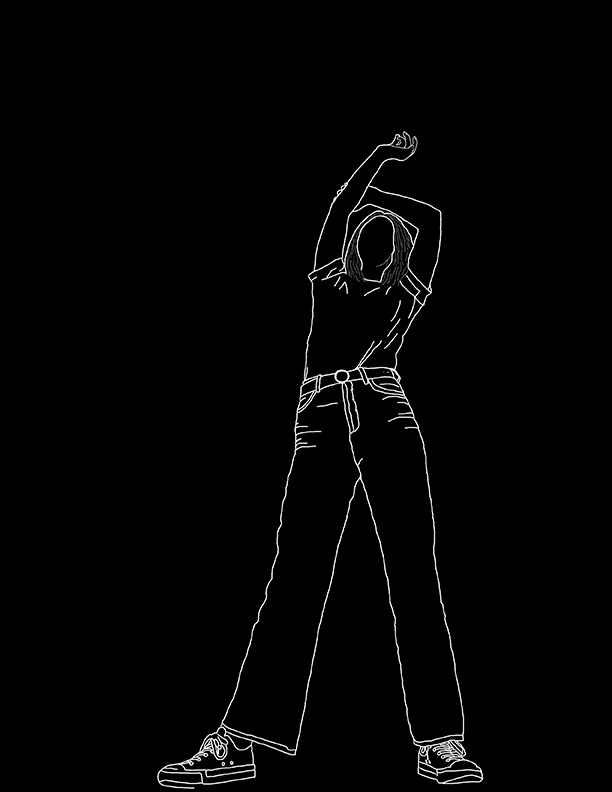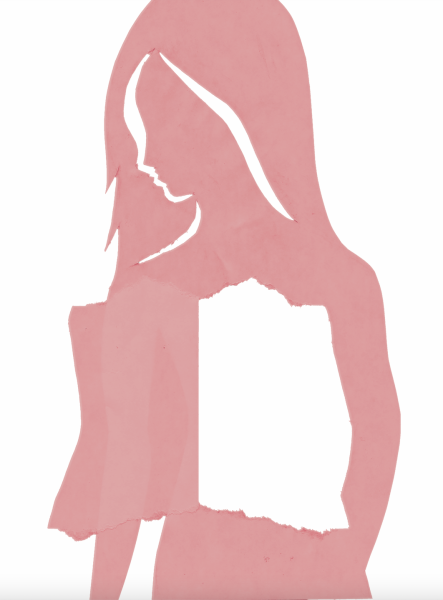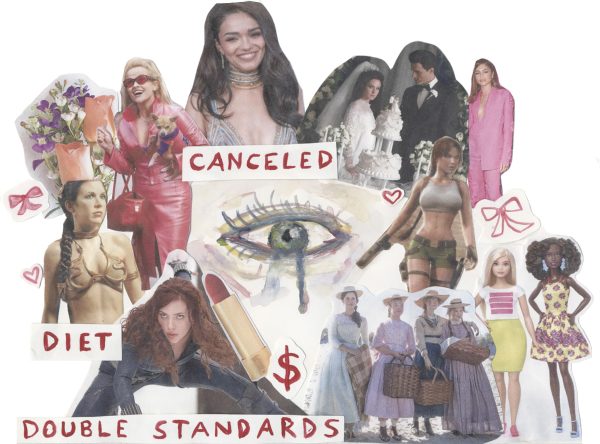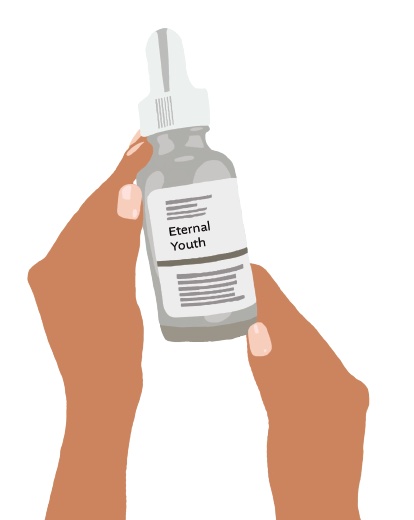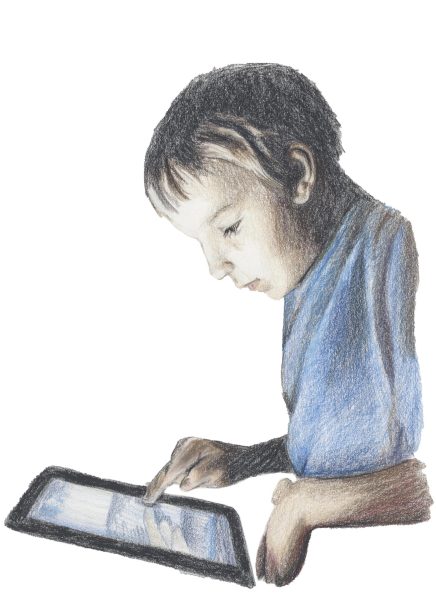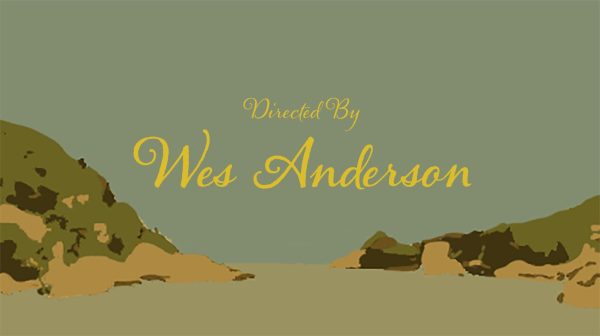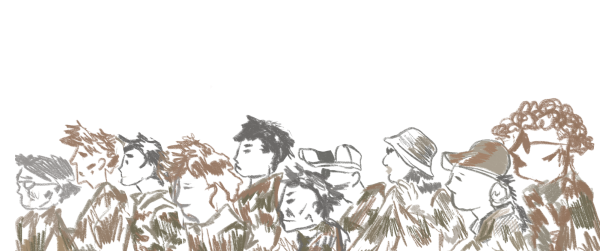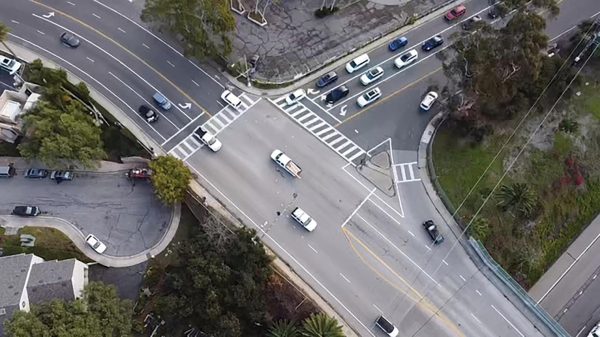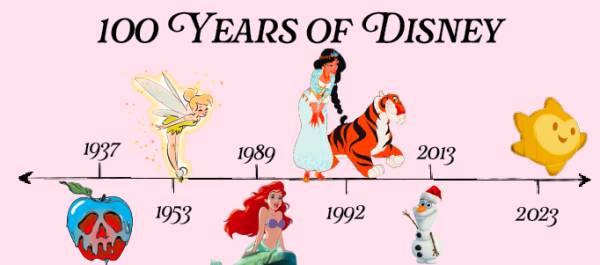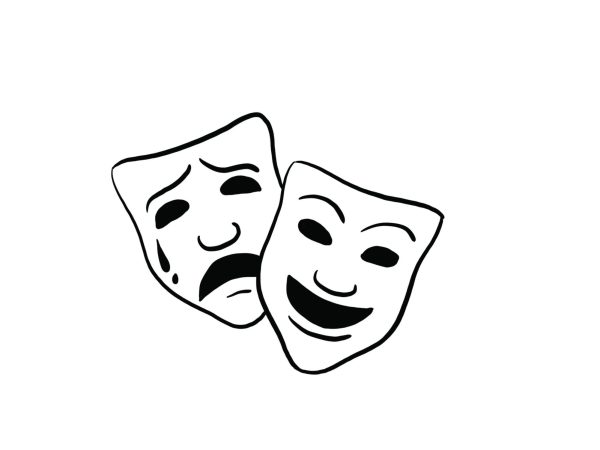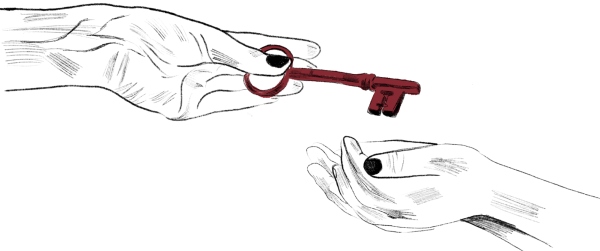Stance of the Staff
December 3, 2019
We’ve all have to grow up. Most of us are not ready for it; it seems, all at once, expectations rise and responsibilities become more pressing. There is pressure on kids today: hopes that teenagers will be the generation to find solutions to previously unsolvable dilemmas.
This pressure is nothing if not detrimental to the minds of conscious young people. Each victory achieved by teens, whether it is fighting for equality or for our planet, comes with innumerable rewards; yet, every win is tainted with the knowledge that there is still so much to be done. Celebrating feels futile when the stakes of each battle are so high.
Growing up isn’t just about getting older, taller or even more experienced. It isn’t about entering high school, learning what it means to be a freshman or becoming an upperclassman.
Growth is about understanding needs other than our own, being open to changing opinions and finding a way to leave behind the idea that everything is happening for a reason. Sometimes, we can’t explain why bad things keep happening. Instead, we must understand that the bad things will happen no matter what, and it is our responsibility to learn from it when they do.
Think back to the years when life was black and white. As kids, we didn’t really understand that our actions impacted others. We lived life as if the world revolved around us. Young children are wired that way — they don’t have the capacity to fully grasp the concept of why others matter. But that changes as we get older, as we grow. We begin to question the reasons behind people’s choices.
Questions turn into opinions, which turn into a passion, which turn into drive.
An indispensable part of the process happens through discussion; conversations are an essential part of change. In order to be open with the people one shares their life with, one must talk, discuss and try to be understanding of people who may think differently.
Growth isn’t one-dimensional. Growth is about learning how to talk to others, how to look differently at our opponent’s perspectives to see what may have been ignored.
We’ve all had to grow up. No, we weren’t ready for the high expectations or intense responsibilities— but we faced them. And that’s the biggest part of growth: understanding that we can’t always control what happens, but knowing that we can try our best to learn from our mistakes.



